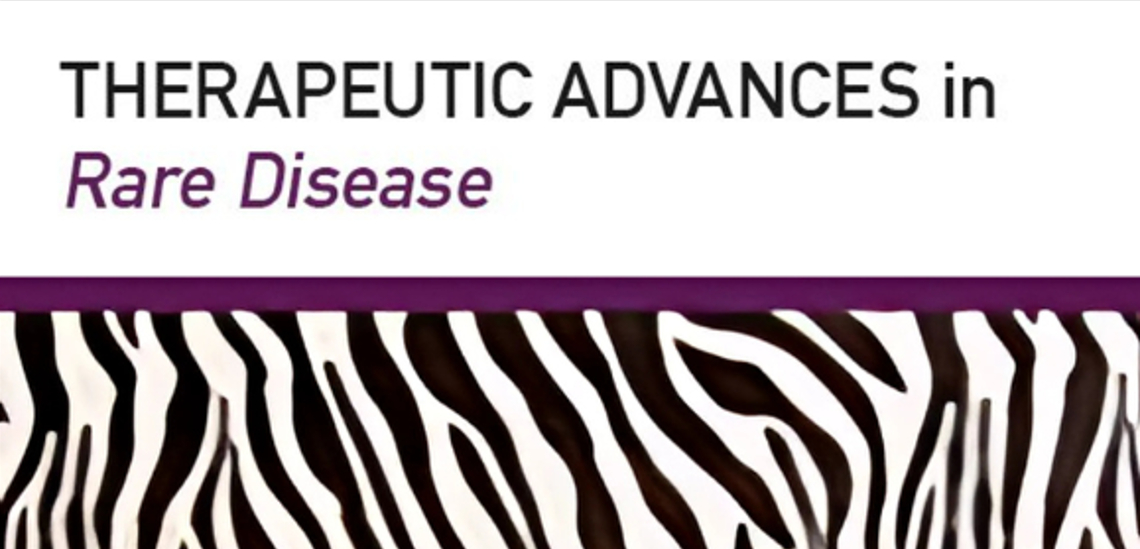A Roadmap to Cure CHD2-Related Disorders published in Therapeutic Advances in Rare Disease
Posted on 10/17/2024

The peer-reviewed paper, "A Roadmap to Cure CHD2-Related Disorders," by CCC's board and Scientific Advisory Board has been published in the journal Therapeutic Advances in Rare Disease. Congratulations to everyone involved! You can read the article here: https://pubmed.ncbi.nlm.nih.gov/39391213/
CCC Board members Stephanie Prince, Christina SanInocencio and Brian Broadbent worked tirelessly with Scientific Advisory Board members Dr. Chris McGraw, Dr. Heather Mefford and Dr. Gemma Carvill, and our dear friend and colleague Emily Bonkowski, genetic counselor in Dr. Mefford’s lab at St. Jude Children’s Research Hospital, to publish CCC’s first peer-reviewed article, “A Roadmap to Cure CHD2-Related Disorders.” This publication highlights the challenges and the path towards a cure that guides CCC’s work.
The plain language summary below is excerpted from the article:
A roadmap to cure disorders caused by the CHD2 and CHASERR genes
Coalition to Cure CHD2 (CCC) is a nonprofit founded in October 2020 to fund research towards a cure for individuals with CHD2-related disorders. The CHD2 gene was discovered as a genetic cause for epilepsy in 2013. Individuals with CHD2 typically experience seizures that can be resistant to treatment, intellectual disability, delayed development, autism, and other symptoms. The nearby CHASERR gene has been found to regulate CHD2 and is a possible therapeutic target. Individuals with a deletion of CHASERR have been identified - these individuals have too much CHD2 and more severe symptoms.
CCC has created a Roadmap to Cure CHD2 as a guide for their journey towards a targeted cure for CHD2-related disorders. The steps in the roadmap include: (1) identify and define patients, (2) develop models of CHD2, (3) study models of CHD2, (4) test therapies, (5) involve patients, (6) reach a cure.
CCC has worked with CHD2 families to identify family-level priorities for therapeutic development (e.g. seizures, behavior, etc.), to capture the impact of disease through qualitative research, and to collect patient health data and tissue samples for scientific analysis.
The development of CHD2 models, mouse models in particular, has been challenging as the mice do not develop seizures. Additional models are underway including frogs, zebrafish, and patient-derived cells. These models have provided crucial insight into the biology of CHD2 but scientific questions remain unanswered.
A variety of therapeutic approaches have been proposed including novel treatments that directly target CHD2 biology as well as the repurposing of existing FDA-approved compounds. Establishing measurable outcomes, including biomarkers, and finding treatments that can reach the brain will be important.
By continuing to follow this roadmap, the CCC believes that one day there will be a cure for CHD2-related disorders.
Have you or your loved one been diagnosed with CHD2?
Register here